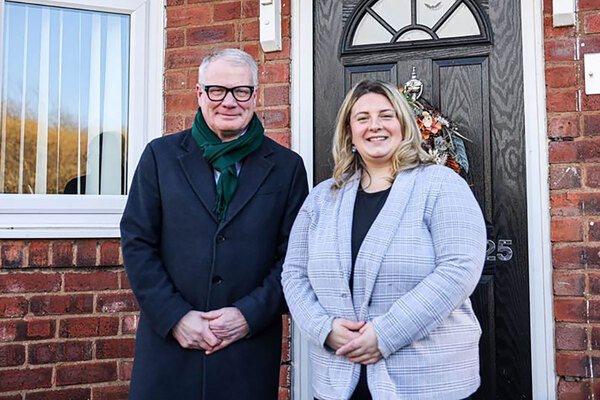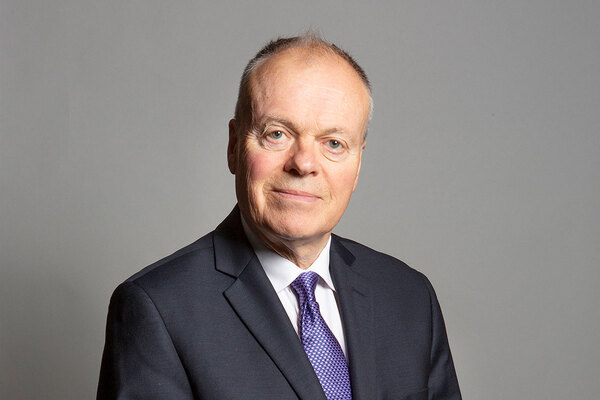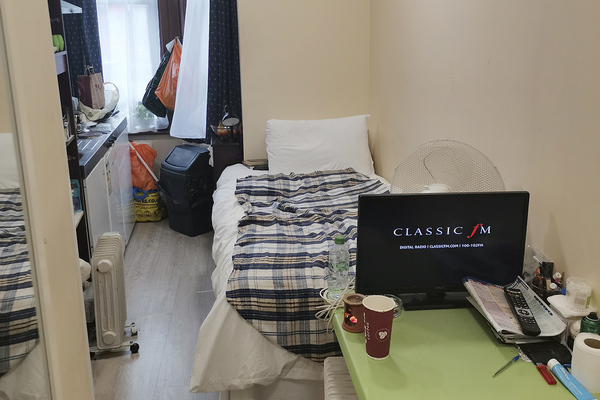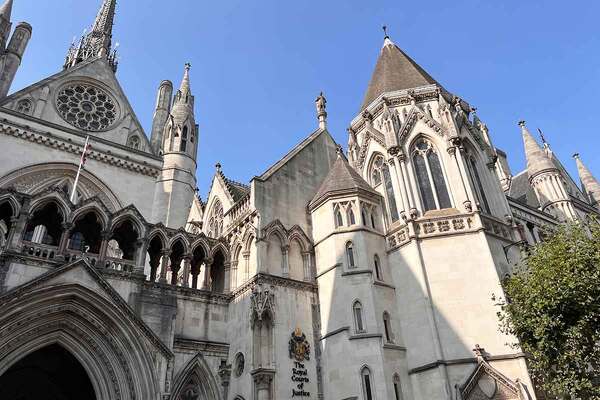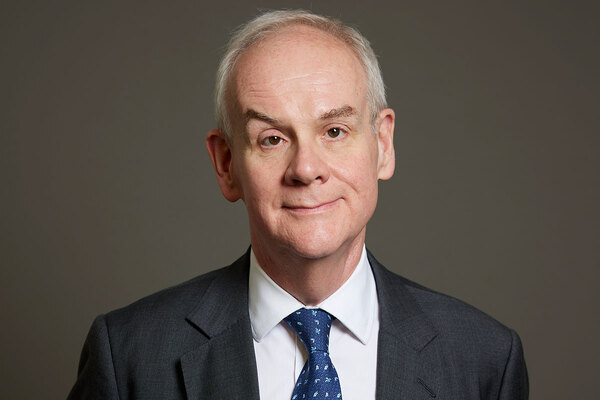You are viewing 1 of your 1 free articles
London council halts ‘out of borough’ homeless placements
Enfield Council has set out plans to stop moving homeless people outside the borough, as part of a wider effort to end its “extensive use” of temporary accommodation.
Nesil Caliskan, leader of Enfield Council, said the council is “determined to use all the tools at [its] disposal” to tackle the issue of temporary accommodation and eradicate homelessness.
The council will begin its new approach by relocating residents who have been placed in permitted development blocks in Harlow, Essex.
Mark Ingall, leader of Harlow Council, has welcomed the move by Enfield which is responsible for roughly half of the “out of borough” placements made by London councils in Harlow.
In a letter sent to Mr Ingall, Ms Caliskan said Enfield started housing homeless people in Redstone House, a converted office block in Harlow, in 2015, because of “severe pressures” faced by the council.
She said because of the scarce supply of two-bedroom accommodation in the borough, it would not be possible to give a full timescale for the decommissioning of Redstone House, but said the council is aiming to vacate the building within six months.
Earlier this year, Mr Ingall called on the government to change its planning laws after a report from the Children’s Commissioner revealed the impact office-to-resi conversions are having on homeless families.
Since 2013, developers have not needed planning permission to convert office blocks into residential accommodation, often resulting in cramped, unsuitable conditions.
Mr Ingall said Enfield Council’s actions show a “positive example of the stance councils should take” and said other London boroughs should follow.
Ms Caliskan said Enfield will now engage with other local authorities and the Local Government Association to encourage them to house residents within their own borough.
According to Enfield Council, nearly 60% of the temporary housing within Enfield is used by other London boroughs.
Ms Caliskan said: “We are committed to supporting people who want to stay in Enfield. This in turn will help create and support more stable and cohesive communities.
“Addressing our tenants’ requirements in areas such as Harlow is just one step. We have now picked up the pace with the Meridian Water project which will see the provision of 10,000 homes, of which up to 50% will be affordable.
“We are also currently consulting on private rented sector landlords, to tackle poor practise and to increase the new supply of better homes that will offer security and stability for tenants.”
Mr Ingall said: “This is a major development for Harlow and for our campaign to highlight the impact of the government’s permitted development rights.
“I have worked closely with [Ms Caliskan] and she shares our concerns about the effect ‘out of borough’ placements has on the families concerned and the impact on Harlow’s town centre and its local services.
“Those in housing need, and in often vulnerable situations, need to be supported in the area they live and not forced miles away and placed in Harlow or anywhere else in the country.
“While I have some sympathy for the situation London councils and other councils are in, they all have a responsibility to support their communities and to not use Harlow to ease their own housing shortages.”






